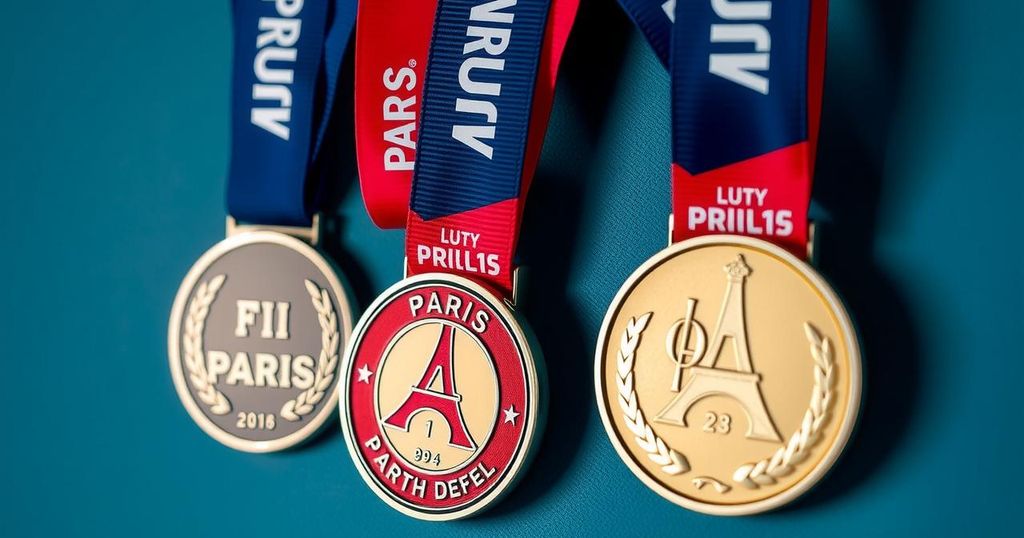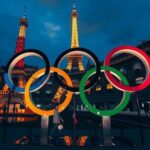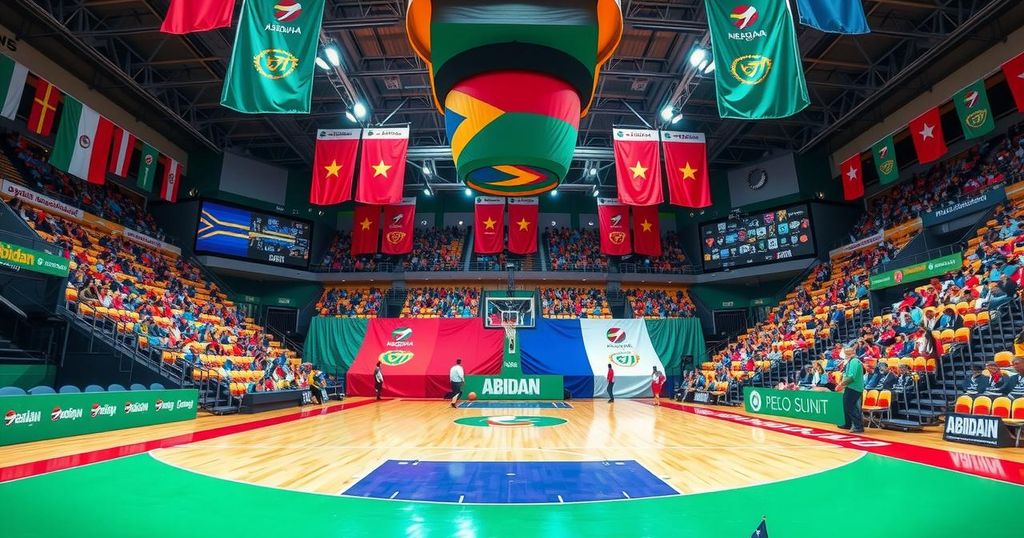Sports
EUROPE, EVENT PLANNING, FRANCE, FRENCH MINT, GREECE, INTERNATIONAL GYMNASTICS FEDERATION, ITALY, LA, LA LETTRE, MONNAIE DE PARIS, MORI, MORINARI WATANABE, NORTH AMERICA, NORTHERN HEMISPHERE, OLYMPIC GAMES, OLYMPICS, PARIS, PARIS 2024 OLYMPICS, PARIS OLYMPICS, TURIN, U. S, UNITED STATES
Nia Simpson
Key Developments in Elite Sports: Paris Medals, Doping Violations, and Future Bids
Over 100 medals for the Paris 2024 Olympics have been returned for defects; the Winter World University Games have begun in Turin with 2,564 athletes; IOC’s Watanabe suggests a multi-city approach for future Olympics; Russia reports increased doping violations; US bids for 2031 FIFA Women’s World Cup; US speedskaters excel at qualifiers.
In a recent report, more than 100 Olympic medals issued by the Paris 2024 Organizing Committee have been returned due to defects. This revelation is compounded by the resignation of three senior officials from the Monnaie de Paris, the agency responsible for creating the medals. Meanwhile, the Winter World University Games in Turin has commenced, featuring approximately 2,500 athletes from 54 nations competing across various sports. Additionally, the International Gymnastics Federation’s President, Morinari Watanabe, has proposed an unconventional idea for future Olympic Games to occur simultaneously across multiple cities, advocating for increased global participation. Furthermore, Russia’s anti-doping agency has reported a resurgence in “whereabouts” violations in 2024, raising concerns about doping practices among athletes. Organizational efforts such as USA Fencing’s 2025 Listening Tour aim to enhance member engagement, while U.S. Soccer President Cindy Parlow Cone confirmed plans to bid for the 2031 FIFA Women’s World Cup, following the awarding of the 2027 tournament to Brazil. In competitive sports, athletes from Switzerland and France dominated recent ski mountaineering events, and American speedskaters Jordan Stolz and Brittany Bowe showcased exceptional performances at qualifiers in Utah.
The text outlines significant happenings within the world of elite sports, focusing primarily on the lead-up to the Paris 2024 Olympic Games. The report refers to various topics including the organization of the Olympics, significant international events like the Winter World University Games, and notable sports governance changes. It also highlights ongoing issues in doping compliance related to Russian athletes, which continues to be a focal point for international sporting bodies. Furthermore, initiatives aimed at improving athlete engagement and strategic bidding for major events illustrate evolving dynamics in competitive sports governance at both national and international levels.
The recent developments outlined highlight critical issues in the realm of elite sports, including the challenges of ensuring medal quality for the Paris 2024 Olympics, the significance of international competitions like the Winter University Games, and the efforts to engage sports communities. The continuation of doping violations in Russia raises alarms about athlete compliance, while strategic bids for the FIFA Women’s World Cup indicate ambitious plans for the U.S. sporting landscape. Collectively, these elements stress the complexity and importance of governance and integrity in sports today.
Original Source: www.thesportsexaminer.com








Post Comment